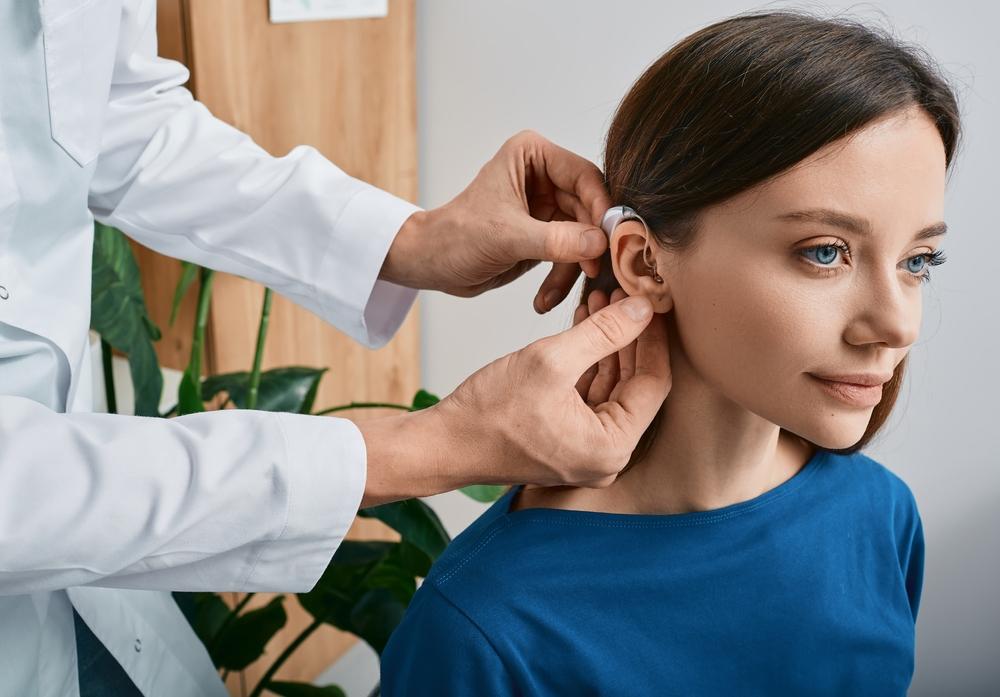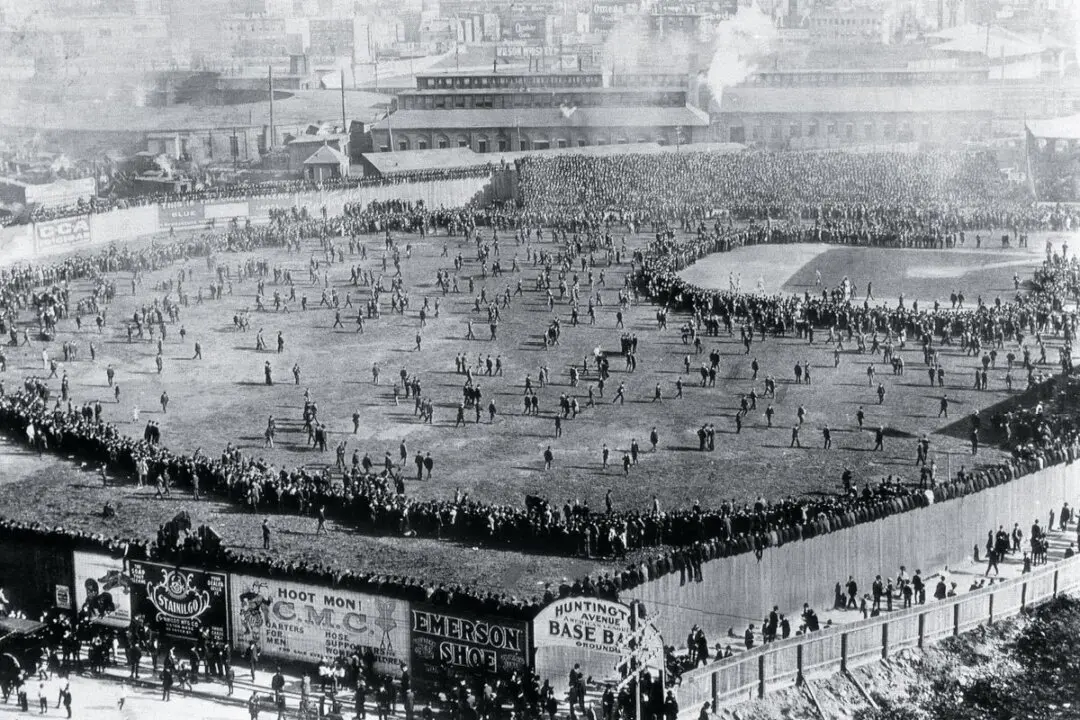One would be hard pressed to find anyone who has not heard of Alexander Graham Bell or Thomas Edison. The two American inventors changed the world through their inventions. Stuffed in between these two giants was Miller Reese Hutchison (1876–1944), who was heavily influenced by Bell and would later become Edison’s “right-hand man.”
Hutchison was born in Montrose, Alabama, and gravitated to the world of science and invention. He attended Spring Hill College, Marion Military Institute, and eventually Agricultural and Mechanical College of Alabama (later named Auburn University), where he graduated in 1897 with a doctorate in electrical engineering.






